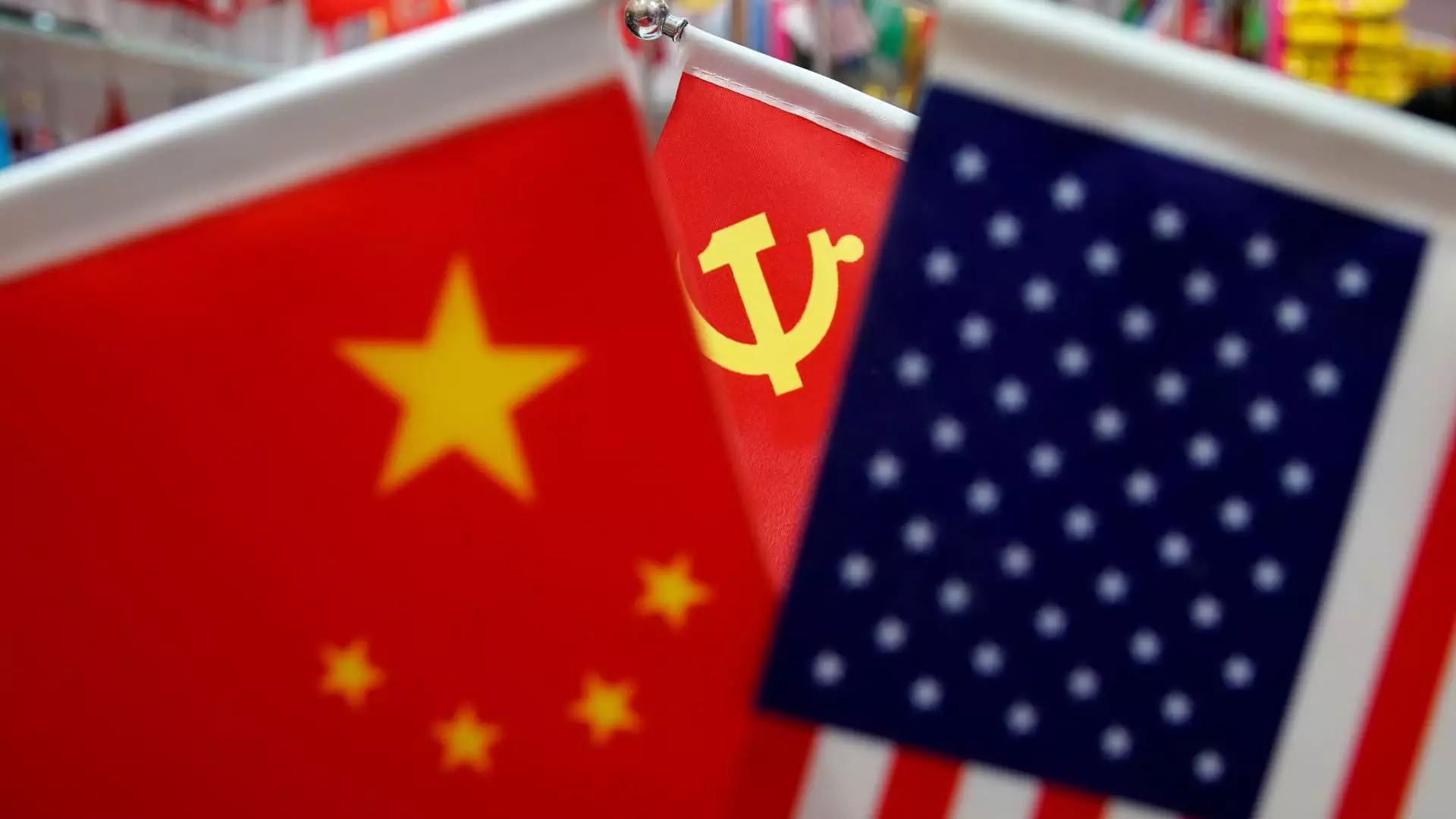Recent reports indicate that negotiations between the U.S. and China continue to be fraught with tension and uncertainty. President Donald Trump publicly acknowledged the difficulty of striking a deal with his Chinese counterpart, Xi Jinping. His comments reflect not only the current climate of trade relations but also the broader geopolitical landscape where both nations are vying for economic dominance. As a layman might observe, any partnership with such a powerful adversary requires finesse and a level of trust that is increasingly hard to come by.
Trump’s use of social media to express his admiration for Xi while simultaneously lamenting the challenges in reaching an agreement underscores a fundamental paradox in the politics of diplomacy. How can two leaders express mutual respect yet struggle to find common ground? It’s this juxtaposition that makes these talks so intriguing. The sheer scale of these negotiations and their impact on global markets mean that even minor setbacks can have international ramifications. It’s not merely about tariffs; this is about positioning on the world stage.
Stalled Progress and Internal Pressures
With Treasury Secretary Scott Bessent’s recent remarks that trade talks are experiencing a stall, it’s clear that the internal dynamics within the U.S. government are as complicated as the external negotiations with China. Both sides are at an impasse, and whether they can push through these hurdles remains unclear. When significant leaders face off, there is often a tendency for miscommunication, due in part to the high stakes involved, and this could lead to further complications.
Moreover, the friction over issues such as technology access and export restrictions reflects deep-seated fears in both nations. The accusations of each side violating agreements reached in Switzerland only exemplify how shaky trust can lead to profound miscalculations. Decisions made in the heat of the moment are influenced by both strategic interests and national pride, leaving limited room for compromise. Trump’s administration’s ambitious plans to revoke student visas further complicate dynamics by injecting an emotional element into an already sensitive discussion.
Negotiation Tactics: The Art of Diplomacy
The emphasis on maintaining lines of communication adds another layer to the already complex tapestry of U.S.-China relations. The meeting between Chinese Foreign Minister Wang Yi and U.S. Ambassador David Perdue appears to be a strategic move aimed at mitigating misunderstandings. However, any misstep in these high-level interactions can lead to diplomatic embarrassment, particularly if Trump expresses unexpected dissatisfaction during or after the proposed phone call with Xi.
Many analysts suggest that the Chinese administration may be willing to engage in dialogue only if they perceive a low risk of disruption. The elements of uncertainty and unpredictability that characterize Trump’s negotiating style could be viewed as dangerous by Beijing. Trump’s penchant for using social platforms to reshape narratives may lead to unintended consequences, raising the stakes further.
The Bigger Picture: Global Implications
The economic relationship between the U.S. and China is not just a bilateral issue; it has implications for economies worldwide. As these two giants grapple with tariffs, technology access, and classroom exchanges, the potential fallout could reverberate far beyond their borders. This situation is a microcosm of broader global tensions that reflect diverging interests and the struggle for hegemony in a multipolar world.
As countries align themselves with either side, the overall climate of international relations becomes even more precarious. Smaller nations watching these developments may find it increasingly challenging to navigate their own policies in a world defined by larger rivalries. Thus, the impact of these negotiations stretches out to envelop many stakeholders, amplifying the complexity of global trade and diplomacy.
In this intricate dance of diplomacy, where tradition, power, and personality intertwine, the outcome remains uncertain. The road ahead is rife with challenges, and only time will reveal the ultimate direction of U.S.-China relations. Whether the art of making deals can prevail over entrenched positions remains to be seen, but the stakes are higher than ever.

